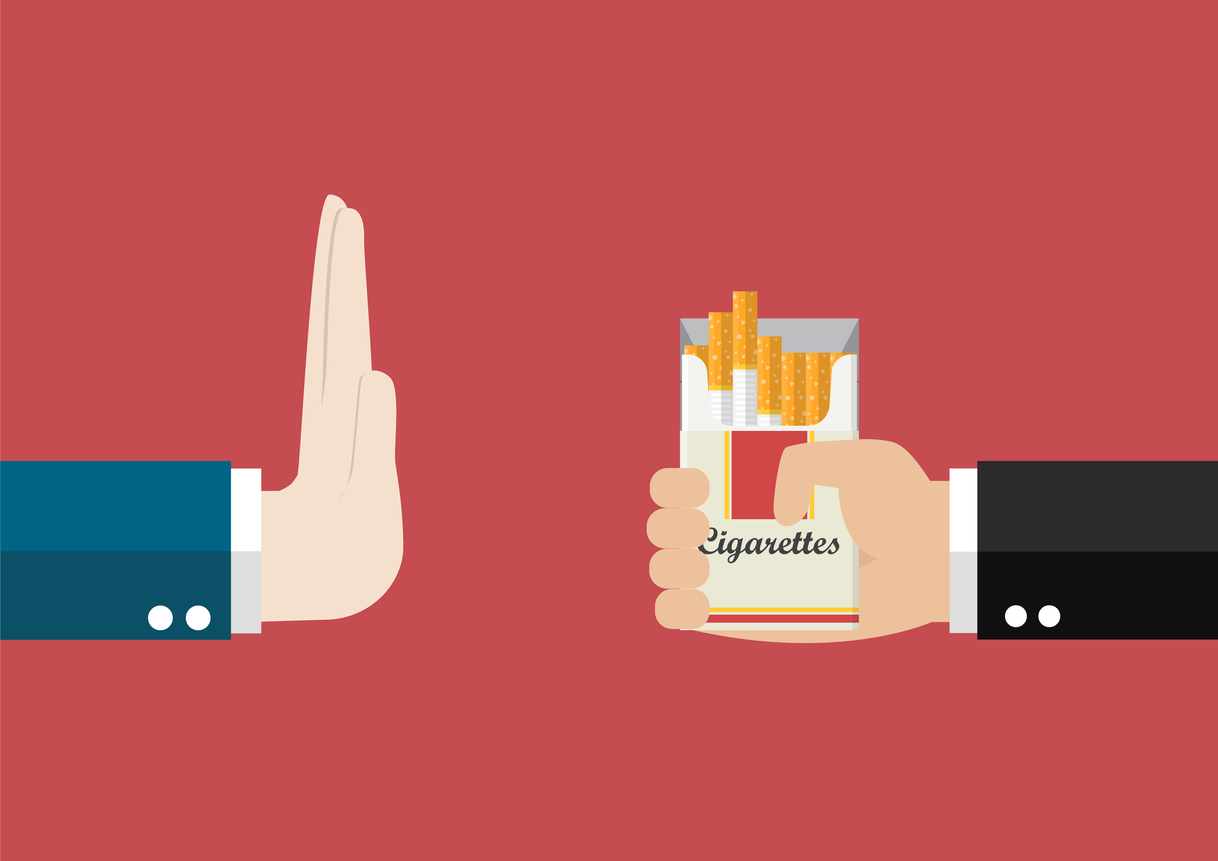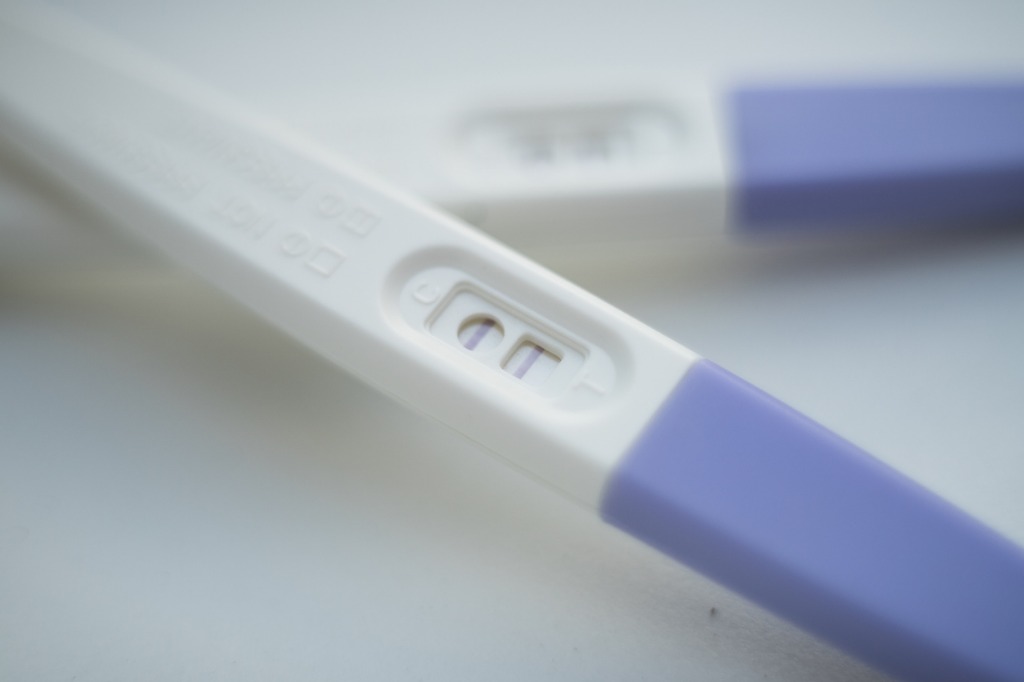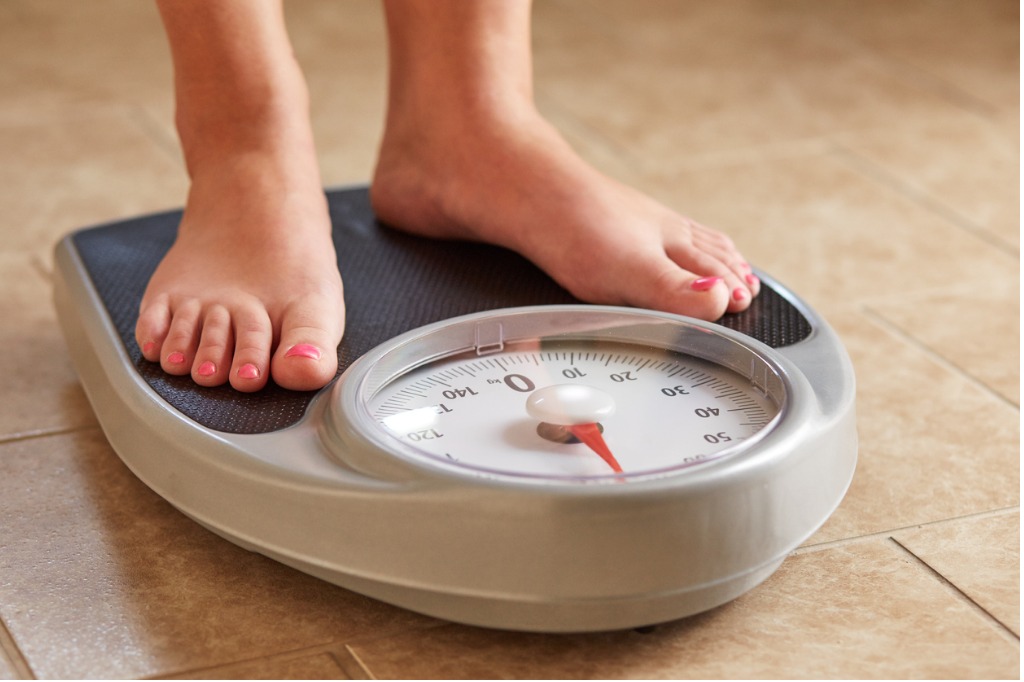
Pre-conception advice
If you’ve decided to stop your regular contraception and start trying for a baby, there are things that you can do now which could have a huge impact on your baby’s health and which will help to ensure a successful pregnancy. The earlier that you begin these, the more effective they are. You don’t have to have stopped your contraception, in fact some things you can do such as taking folic acid take time to build up in your system and have an impact on your health.
We’ve teamed up with the research charity Tommy’s to provide some useful information and advice.

12 changes you can make now for a healthy baby
These are the things to do before pregnancy make your pregnancy and baby healthier.
-
Stop smoking
Smoking affects fertility (the ability to get pregnant) in men and women. If you stop smoking now it will improve your chances of conceiving. Smoking has also been shown to damage the DNA of your baby. During pregnancy smoking is the biggest risk factor for serious complications in pregnancy that you can change.
-
Start taking folic acid now
Folic acid needs to build up in your body to provide maximum protection for your baby against neural tube defects. Many women conceive within one month of trying so it is ideal to start taking folic acid two months before you stop contraception. If you have already stopped contraception, start taking a 400mcg folic acid supplement daily until you are 12 weeks pregnant.
Some women may be prescribed 5mg of folic acid.
Find out more about folic acid
-
Eat well
You can improve your fertility by eating a healthy, balanced diet. The best foods include wholegrain, unsaturated fats and vegetable proteins such as lentils and beans.
Your diet before and during pregnancy will also affect your baby’s development in the womb and their health in the future. A healthy diet for pregnancy is the same as a healthy diet for life.
A dietitian can help if you have a condition that requires specific diets or nutritional requirements, such as diabetes.
Find out more about your diet, fertility and pregnancy
-
Reduce your caffeine intake
Research shows that consuming too much caffeine while you are trying to conceive can increase the risk of miscarriage. The research shows that this applies to both women and men. Too much caffeine in pregnancy has also been shown to be harmful to the developing baby.
If you’re planning to conceive, you and your partner should consider limiting your caffeine intake to 200mg a day.
You can use our caffeine calculator (link) to check your caffeine intake
-
Try to maintain a healthy weight
Your BMI (Body Mass Index) is a measure that uses your height and weight to work out if your weight is healthy. The ideal BMI before conception is between 18.5 and 24.9.
Being overweight
Having a high BMI (over 25) can reduce your fertility and increases the risk of complications in pregnancy. Being overweight can also contribute to fertility problems in men.
If you have a very high BMI (over 30) you may feel like it is an impossible task to reach the healthy range and you may have been struggling with your weight your whole life. Try not to lose heart, bringing your BMI a few points down the scale can make a big difference. There is professional support available if you need it.
Find out more about being overweight and planning a pregnancy
Being underweight
If your BMI is in the underweight range (18.5 or less) it may affect your fertility and cause health problems during pregnancy. It may help to put on weight gradually with a healthy diet. There are many reasons why a person may be underweight. Your GP can give you help and advice.
Find out more about being underweight and planning a pregnancy
-
Stay active
Being active by doing regular, moderate exercise before and after you conceive will help your fertility as well as benefiting your pregnancy and baby in the long term. Women who are physically active are more likely to have children who are physically active too.
The Department of Health recommends:
- at least 150 minutes of moderate aerobic activity a week and
- strength exercises on two or more days a week that work all the major muscles.
Find out more about physical activity and planning a pregnancy
-
Stop drinking alcohol
Excessive or binge drinking is defined as regular consumption (drinking) of alcohol above recommended levels. Excessive drinking is linked to reduced fertility in both men and women.
Drinking alcohol in pregnancy increases the risk of complications. This is especially true during the first three months of pregnancy as this is when the baby’s brain is developing. You will not know when you are pregnant and that’s why the recommendation is that the safest thing to do is not drink any alcohol at all if you’re actively trying for a baby. It can be very difficult for some people to stop drinking alcohol. There are advice and treatment services available if you need support.
Find out more about alcohol and planning a pregnancy
-
Don’t take non-prescription, recreational drugs
Non-prescription, recreational drugs, such as cannabis or cocaine can contribute to fertility problems for men and women. Illegal drugs can also cause serious complications in pregnancy. It can be very difficult for some people to stop taking drugs. There are advice and treatment services available if you need support.
Find out more about illegal drugs and getting pregnant
-
Have a cervical screening test
If you are aged between 25 and 49 you should have a cervical screening test every three years. It’s best to get tested before you get pregnant because pregnancy can make the results of your test harder to interpret.
If you’re planning a pregnancy contact your GP surgery to find out if your screening is due now or within the next year.
Find out more about cervical screening tests
-
Check you have had your MMR vaccination
MMR stands for Measles, Mumps, Rubella. Rubella is rare, but can be very dangerous to a baby’s development, especially during the early stages of pregnancy.
The MMR vaccination will protect you and your baby. It is normally given to children in two injections before they reach 6 years of age.
If you have not been vaccinated or are unsure whether you have been vaccinated call your GP practice to see if they have a record. If you have no record of them, make an appointment to get vaccinated. Even if you had them before, getting them again is not harmful.
Find out more about MMR vaccinations.
-
Have a sexual health check-up if there’s a reason to believe you may have an STI
Sexually transmitted infections can affect your fertility, as well as any future pregnancy and baby.
If there is any reason to think you or your reproductive partner may have a STI, it’s important that you both get tested. The best place to go is one of our Devon Sexual Health clinics.
Find out more about sexually transmitted infections and conception
-
Talk to your doctor about any pre-existing conditions, any medications you are taking or previous pregnancy complications
Talk to your GP or specialist healthcare professional if you are planning to conceive and have any known, long-term medical conditions for which you take medication, such as epilepsy, diabetes, asthma or mental health conditions.
Some conditions and the medications used to treat them may impact on your ability to get pregnant. There may also be some risks associated with your condition or the medication used to treat them and pregnancy.
It is important not to stop taking medication before talking to a doctor or specialist about your plans to conceive. They will discuss the safest options for pregnancy with you.



